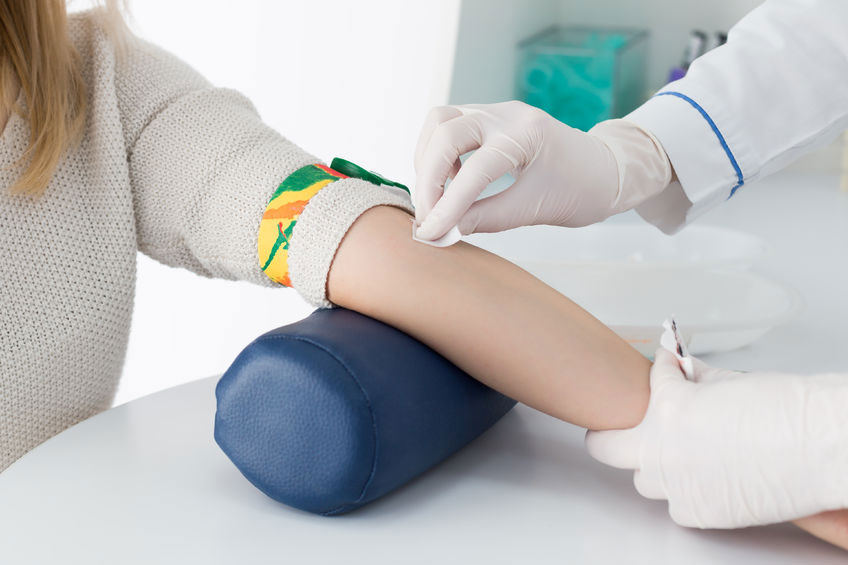Investigation of complaints after milk consumption - laboratory test for lactose and lactalbumin
There may be several problems in the background of bloating, abdominal pain and diarrhoea after consuming milk or dairy products. They can also be caused by lactalbumins (casein, alpha-lactalbumin, beta-lactoglobulin) and lactose. The package also includes testing for lactose intolerance, and allergy and food intolerance caused by lactalbumins.
What is the difference between lactalbumin allergy, lactalbumin intolerance and lactose sensitivity?
It is very important to point out that lactalbumin allergy and lactalbumin intolerance are not the same disease, although in both cases the consumption of milk should be avoided. Moreover, lactalbumin intolerance is also different from lactose intolerance. In case of lactalbumin intolerance, lactose-free milk should be avoided in the same way as normal preparations.
In case of lactose sensitivity, the enzyme (lactase) that breaks down lactose is missing or found in reduced amounts in the body. In this case, the patient may experience unpleasant digestive symptoms (e.g. diarrhoea, bloating, wind-colic) after consuming lactose-containing foods and drinks. As with all other food intolerances, the time of the beginning of symptoms, which does not always show a direct relationship with milk consumption, often makes it difficult to recognize.
Allergy caused by lactalbumins
The body identifies proteins of animal origin in milk as allergens and the immune system protects against them in an abnormal way. Symptoms occur when consuming milk, dairy products, or food containing any of these. It is important to know that some of them are heat and enzyme stable, so they do not lose their allergenicity during kitchen baking and cooking.
Lactalbumins that cause allergic reactions and are tested in the laboratory package:
Casein
Alpha-lactalbumin
Beta-lactoglobulin
Typical symptoms:
Gastrointestinal symptoms: abdominal cramps, diarrhoea, bloating, vomiting after drinking milk.
Since these symptoms are similar to the symptoms of lactose sensitivity, they can often be confused with it. It is also characterized by swelling and itching of the lips, gums, ears and throat.
Respiratory symptoms: suffocation, asthma, rhinitis
Skin symptoms: redness and rash
Cardiovascular symptoms: rapid heartbeat, drop in blood pressure, more severe anaphylactic shock


Food intolerance test
The blood test is based on detecting the level of antibodies in the blood that are produced in connection with the allergen.
Two types of antibodies are known:
milk-specific immunoglobulin G (IgG)
milk-specific immunoglobulin E (IgE)
If the IgE blood test is negative and the patient’s complaints persist, a specific IgG blood test should be performed.
In some cases of food allergy, the reaction is delayed, making it very difficult to accurately identify the allergenic substance, in which this type of blood test can be of great help.
Lactose intolerance test
The cause of lactose sensitivity is the enzyme that breaks down lactose, the lack of lactase or its insufficient function. If lactose in the small intestine cannot break down into simple sugars, then fermentation through changes in the bacterial flora of the colon results in gas formation.
The enzyme is found in the cells of the small intestine. Lactose consists of two simple sugar molecules. It has a glucose and a galactose component, which are linked by a chemical bond. While the double sugar molecule cannot get through the epithelial cells of the intestine, the simple sugars are able to do so, thus getting into the bloodstream.
The results of a lactose intolerance and lactalbumin allergy test alone are not yet sufficient to make a diagnosis. To develop a proper lifestyle and eating habits, our gastroenterologists are at your disposal.
How do I prepare for the test?
Having an empty stomach is not required for the test but you cannot eat, drink, chew a gum, or smoke for 2 hours beforehand, as in addition to blood sampling, a sample is also taken from the oral mucosa.
When is the result expected?
After the 14th working day following the test.

